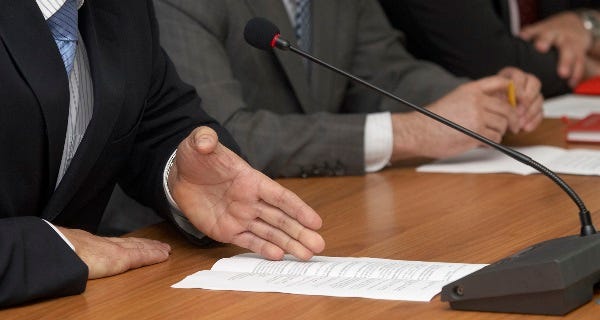Most of us probably take it for granted. Democracy, that is. Yet, we really shouldn’t.
It's often said that history is a graveyard of empires. But, it also seems that we can now also talk about a graveyard of democracies. Even if most democracies do not have very long histories.
Today’s democracies are endangered
Through news headlines every day, we witness how one democracy after the other around the world is weakened.
It could be the invasion of a young neighbouring democracy by an authoritarian regime, justifying the attack with a shared (but not equal) imperial past. Or the repression of ethnic and/or religious minorities within another authoritarian state. Or the gradual loss, or even active removal, of previously celebrated safeguards in seemingly well-established democracies.
Or the growing influence of companies in the business of harvesting and using data, whether for advertising, electioneering or security analytics in ways already impacting referendums and elections.


Yet, around the world, democracies are also showing their agility and tenacity, reinforced by vigilant citizens with civic resilience, dynamic social movements and progressive governments. So perhaps there is cause for cautious optimism after all?
From that, does it not follow that we would do well to approach both the idea and the practice of democracy as more than just a problem of building and protecting political institutions? While institutions such as courts and parliaments are certainly important, for example with regard to rights and safeguarding mechanisms, democracy is also much, much more.


The many faces of democracy
Democracy is a movement; it is a process and it is dynamic.
It is also intergenerational in that it involves not only those of us old enough to vote, but also the citizens in the making. Democracy is the celebration of those who built, maintained and expanded it around the world, as imperfect as it has been and often remains.
Every day, we witness how one democracy after the other around the world is weakened.
Can democracy see us through these tough times?
Today we are witnessing a time when more and more people both here and around the world face very real challenges in their lives. From being unable to feed themselves and their loved ones, to surviving daily aggressions on account of divisive and inherently undemocratic ideas of race, gender and sexuality – all born out of empire.
Yet, at the same time, democracy could also be, about facing those challenges collectively by society as a whole and about how, as members of society, we can all help each other.
Related: The Future of Democracy - Join Dr. Christian Schnee on this short course where we discuss what makes and breaks a democracy.


Within the broader challenge of fundamental rights, how do we secure and improve social rights and equality, civil liberties and access to justice? Indeed, do we? With regard to representative government, how can we protect elections, suffrage, political parties and elections?
Also, how do we secure and nurture healthy and enthusiastic participative engagement through civil society, elections and an inclusive debate climate that respects, includes and values the perspectives and experiences of marginalised communities?
And how do we secure not just adequate but robust checks on government in terms of media integrity, judicial independence, a fair and effective parliament and anti-corruption measures?
Lastly, how can we cultivate a healthy and restorative debate about the histories, legacies and impacts of empire, which still so strongly influences not only communities but also more broadly what is and is not possible within and between societies?
Can we change the headlines? Can we change our legacy?
These questions are by no means small or easy, nor should they be. The histories of democracy are full of struggle and resistance, often born out of empire.
Again, let us not take democracy for granted, but respect it, expand it and protect it. If we don’t, the citizens in the making will remember us not as those who stood up for democracy but those who stood by as it changed to something lesser.
The headlines we see every day can change.
Politics & Current Affairs Courses at City Lit
Short & Long Courses | Daytime | Evenings | Weekdays | Weekends











